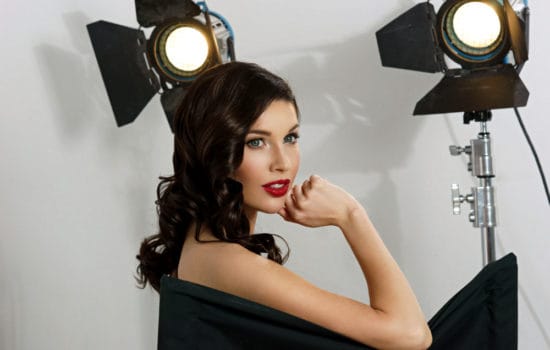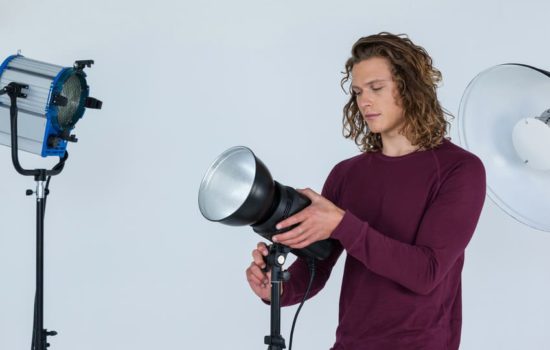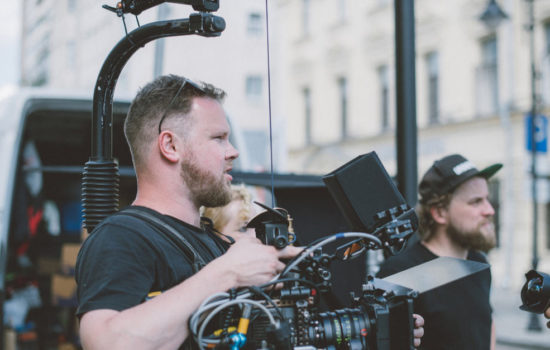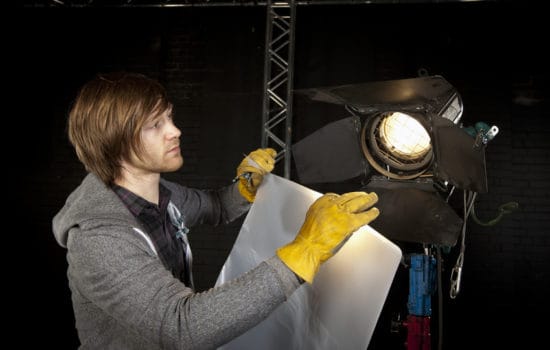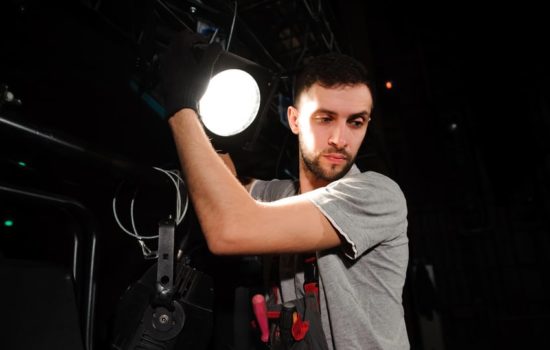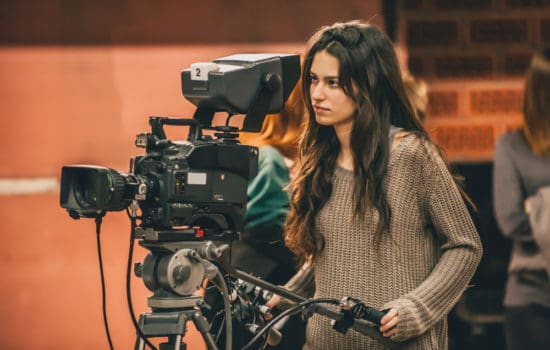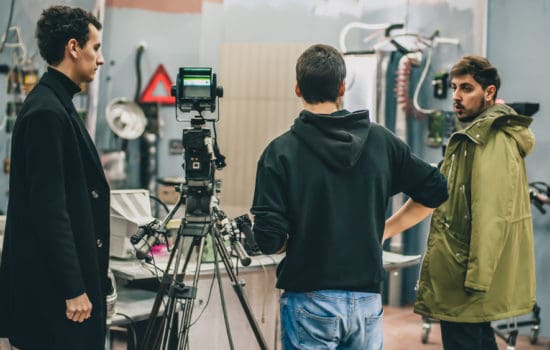Many resume templates have a section for “Skills” or “Highlights.” This is a great place to market your strong points. This is best done with bullet points because you don’t need to use full sentences. It’s just a list. There are two kinds of skills that are important here, “soft skills” and “hard skills.”
If you have hard skills, lead with that. Are you familiar with film lighting? Do you know Avid software? Can you use a walkie-talkie? These are all practical skills. If you have not had experience on a set or in a film office, this is where you would put things like Mac/PC proficient, Word and Excel skills, etc.
Many hard skills are transferable, so do some homework about what happens in a production office and on set, and determine what you have to offer. Can you paint? This is an important skill for set construction. Do you speak Spanish? They may need an Assistant to go on location that speaks the language.
Soft skills are as important as hard skills. If you have no film experience, but you have managed a fast-food restaurant, that shows leadership, a very important soft skill. Soft skills are what set you apart.
Some of the soft skills that stand out in the film industry are teamwork, a strong work ethic, the ability to take directions, good problem-solving skills, good communication, being a fast learner, being highly motivated and flexible (as I mentioned above).
Soft skills are just as important for people with experience. If you know Avid software, but show up late, are on your phone instead of working and have a surly attitude, I would much prefer to work with someone with no experience who is eager to learn and positive.

